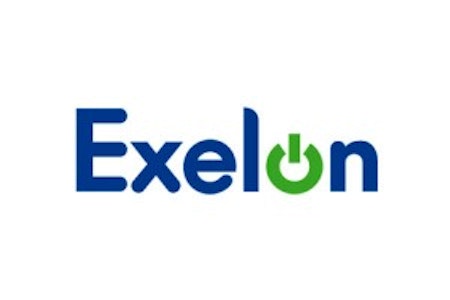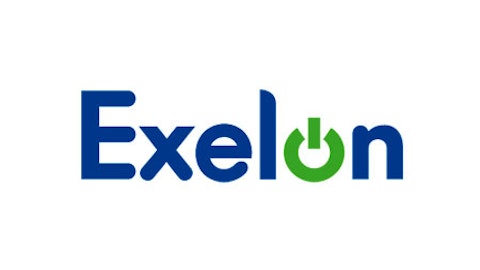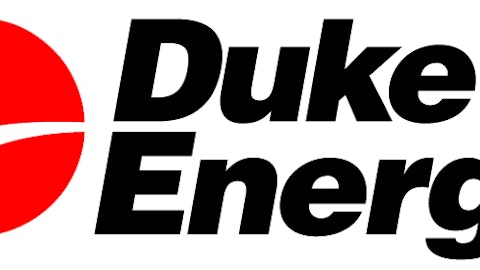
How bad is it?
Exelon Corporation (NYSE:EXC) is the largest nuclear energy producing company in the U.S. Thus, it’s easy to gauge that falling natural gas prices affected the company badly. Nuclear plants are capital intensive, and the way in which their reactors work, it isn’t easy to stop production whenever it’s desirable. On the other hand, setting up natural gas plants is less capital intensive, and with low natural gas prices, electricity production cost was at its all time low, making things worse for Exelon Corporation (NYSE:EXC).
Exelon was further affected by lower capacity prices broadcasted in May. This announcement also does not bode well for the company. The increase in the price of power is low due to simple economics: increased supply because of more competition from new gas-fired generation, and waning demand due to little increase in demand for power because of the slow economy and augmented imports.
Exelon Corporation (NYSE:EXC) is affected more by weak PJM capacity prices, as it has approximately 65% of its deregulated task force positioned in the PJM grid area. PJM now receives more power supply from the nearby grids, which rules out the need for new power plants in that area. That means lower capacity revenue for the deregulated power generators like Exelon in that area.
As I mentioned earlier, utility stocks remain attractive as long as they yield high dividends, but as bond yields increase, it will negatively affect utility companies. Bonds just return a fixed interest income with minimal chance of loss of capital, and as Exelon has depreciated significantly over the last four years, it makes sense that people would prefer investing in bonds. Currently, the 10-year bond yield stands at 2.55% compared to 1.63% in May, making bonds, in general, more attractive.
Into the numbers
As utilities are known for impressive dividends, Exelon Corporation (NYSE:EXC) is doing fairly well in that regard, as it is currently yielding about 4%. However, it is comparatively lower than what other players in the industry are yielding. PPL Corporation (NYSE:PPL) currently has the best yield of 4.8%, followed by The Southern Company (NYSE:SO) and Duke Energy Corp (NYSE:DUK) with a dividend yield of 4.5% and 4.4%, respectively.
Although Exelon Corporation (NYSE:EXC) seems to manage a decent yield compared to its peers, when we dig a little deeper into the figures, we find it’s struggling badly to match up to its peers. Exelon currently earns a return on equity of 4.5%, while peers PPL Corporation (NYSE:PPL), Southern Company and Duke Energy Corp (NYSE:DUK) are well ahead with 13%, 11% and 7% return, respectively. Further, Exelon’s profit margins are at its all time low at 4%, while on the other hand PPL Corporation (NYSE:PPL), The Southern Company (NYSE:SO) and Duke Energy Corp (NYSE:DUK) have maintained strong profit margins of 13%, 12%, and 10% respectively.




